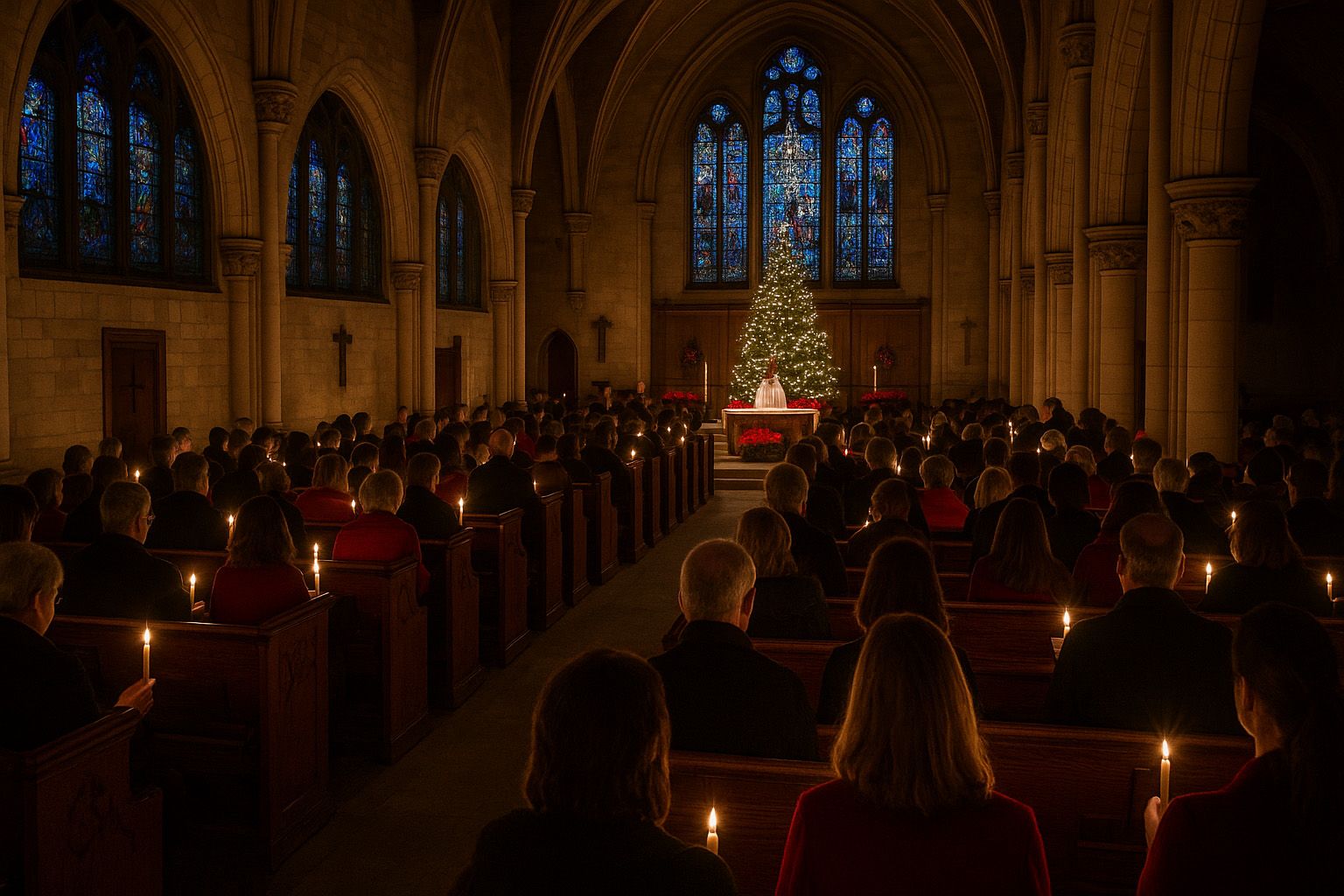New Americans of Attleboro: Stories of Immigration

New Americans of Attleboro: Stories of Immigration
Attleboro’s streets are becoming a mosaic of languages, foods, and customs—and behind this transformation are the stories of new Americans who now call the city home. Immigrant families from across the globe are planting roots in this corner of southeastern Massachusetts, bringing fresh energy to neighborhoods, schools, and small businesses.
For decades, Attleboro has welcomed waves of newcomers—from Cape Verdean and Portuguese families in the mid-20th century to more recent arrivals from Central America, Southeast Asia, and West Africa. Today, this cultural mix is reshaping the town’s identity in powerful ways.
At the local market on South Main Street, it's not uncommon to hear Spanish, Haitian Creole, and Portuguese spoken within the same aisle. Family-owned restaurants now serve everything from Salvadoran pupusas to West African jollof rice. These changes reflect a broader trend: immigrants are not only enriching the local culture but also contributing to the local economy.
Many have opened small businesses or joined the healthcare, construction, and manufacturing industries. Others are active in education, local politics, or community organizing. One recent example is the formation of a multicultural youth leadership group at Attleboro High School, where students from immigrant families are working to bridge cultural divides and promote civic engagement.
While the journey has not been without challenges—language barriers, housing access, and employment hurdles remain—many residents say the town has become more welcoming over time. Faith-based organizations and nonprofits have played a large role in helping families settle, offering everything from ESL classes to legal support and translation services.
City officials have also taken note. In recent years, Attleboro has expanded outreach efforts, ensuring that town services are accessible to non-English speakers and partnering with cultural groups for public events. There’s a growing recognition that these communities are not temporary visitors but long-term stakeholders in Attleboro’s future.
Whether it’s a Guatemalan family opening their first business, a Nigerian nurse buying her first home, or an Afghan refugee child making friends at school, the stories unfolding across Attleboro reflect resilience, determination, and the promise of the American dream—lived locally.
These are the new Americans of Attleboro. And their presence is not just a change in the town’s makeup—it’s a testament to its future.







